Preventive healthcare is the cornerstone of modern medicine, focusing on the prevention and early detection of diseases to promote long-term health. By emphasizing prevention rather than treatment, it not only reduces healthcare costs but also improves health outcomes for individuals and entire populations. This comprehensive approach includes a wide range of preventive health care services designed to identify risk factors, manage chronic conditions, and improve the quality of life. In this article, we will explore the importance of preventive healthcare, its many benefits, and how it is supported by primary care providers, health insurance plans, and public health initiatives.
What is Preventive Healthcare?

Preventive healthcare refers to medical practices and interventions aimed at preventing disease, maintaining health, and reducing the burden of illness. This includes routine check-ups, screenings, immunizations, and health promotion efforts. Services like cancer screenings, diagnostic care, and genetic testing help identify health risks early, enabling timely treatment and disease prevention. Preventive care is an integral part of the healthcare system, supported by clinical preventive services and public health initiatives.
The Importance of Preventive Healthcare
1. Reducing Risk Factors and Preventing Disease
Preventive healthcare focuses on identifying and managing risk factors before they lead to serious health problems. For example, regular screenings for heart disease, diabetes, and certain types of cancer, such as colorectal cancer and cervical cancer, can detect these conditions early, when treatment is most effective. Preventive health care services such as immunizations protect against infectious diseases, while health education programs promote healthy behaviors.
2. Improving Health Outcomes
Early detection of diseases through preventive care services improves health outcomes significantly. For example, a diagnostic mammogram can identify breast cancer in its early stages, improving survival rates. Similarly, screenings for sexually transmitted infections help prevent complications and reduce transmission rates.
3. Cost Savings and Economic Benefits
Preventive healthcare reduces the financial burden on individuals and the healthcare system. By preventing disease and addressing health problems early, cost savings are realized through fewer hospital visits, reduced need for expensive treatments, and better management of chronic conditions. Health insurance plans often cover eligible preventive care services without cost sharing, making these services accessible to most health plans’ members.
4. Enhancing Population-Level Health
Preventive health services improve health outcomes at the population level by addressing social conditions and promoting health equity. Public health campaigns targeting tobacco cessation, healthy eating, and physical activity reduce the prevalence of chronic diseases like diabetes and heart disease across communities.
Components of Preventive Healthcare

Preventive healthcare encompasses a broad range of services and strategies aimed at promoting health and preventing illness. Here are the key components:
1. Routine Screenings and Health Checks
Primary care providers play a central role in delivering routine screenings and check-ups. These screenings help detect health issues early and include:
- Cancer Screenings: Tests for colorectal cancer, cervical cancer, and breast cancer are considered preventive care and are often covered by health insurance plans.
- Heart Disease Screenings: Cholesterol and blood pressure tests identify risk factors for cardiovascular disease.
- Diabetes Testing: Regular glucose testing prevents complications associated with undiagnosed diabetes.
2. Immunizations
Vaccines are a vital component of preventive medicine, protecting against illnesses such as influenza, measles, and hepatitis. Preventive care services like immunizations are especially important for children, older adults, and individuals with compromised immune systems.
3. Genetic Testing
Genetic testing helps identify individuals at risk for certain hereditary conditions, allowing for personalized prevention strategies. For example, a family history of colorectal cancer might prompt earlier or more frequent screenings.
4. Health Promotion and Education
Preventive health care includes education on healthy behaviors such as maintaining a balanced diet, exercising regularly, and managing stress. These efforts are supported by public health initiatives designed to reduce risk factors and improve health at the community level.
5. Management of Chronic Conditions
Preventive healthcare extends to managing existing health problems to prevent complications. For example, controlling blood sugar levels in diabetics prevents kidney disease and other complications.
Types of Preventive Healthcare

Primary, Secondary, and Tertiary Prevention
Preventive healthcare can be categorized into three main types: primary, secondary, and tertiary prevention. Each type plays a crucial role in maintaining health and preventing disease, but they focus on different stages of health intervention.
Primary Prevention aims to prevent diseases before they occur. This involves promoting healthy lifestyle choices, such as regular exercise, a balanced diet, and avoiding smoking. Vaccinations are a key component of primary prevention, protecting against diseases like influenza and human papillomavirus (HPV), which can lead to cervical cancer. By addressing risk factors early, primary prevention is the most cost-effective and efficient way to maintain health.
Secondary Prevention focuses on early detection and treatment of diseases. Regular check-ups, screenings, and diagnostic tests are essential components. For instance, mammograms can detect breast cancer at an early stage, and colonoscopies can identify precancerous polyps in the colon. Managing risk factors such as high blood pressure, high cholesterol, and diabetes through secondary prevention can significantly reduce the likelihood of developing severe chronic conditions.
Tertiary Prevention aims to reduce the impact of an ongoing illness or injury that has lasting effects. This includes rehabilitation, disease management, and palliative care. For example, rehabilitation programs help individuals recover from strokes or injuries, while disease management programs assist in controlling chronic conditions like diabetes or asthma. Palliative care focuses on alleviating symptoms and improving the quality of life for patients with serious illnesses.
By understanding and utilizing these three types of preventive healthcare, individuals can take proactive steps to maintain their health and well-being.
Preventive Healthcare and the Affordable Care Act
The Affordable Care Act (ACA) has significantly enhanced access to preventive health services. Under this law, most health plans are required to cover certain preventive care services without cost sharing. These patient protection measures ensure that patients receive necessary healthcare services without the burden of costs, specifically preventive care such as cancer screenings, immunizations, and health education programs. By eliminating financial barriers, the ACA has increased the use of preventive care services, improving health outcomes and reducing healthcare costs.
Role of Health Insurance Plans
Health insurance plans, including the UnitedHealthcare Insurance Company, play a critical role in promoting preventive healthcare. These plans often provide coverage for a broad range of services, including routine screenings, diagnostic care, and immunizations. By offering these services at no additional cost, health insurance plans encourage individuals to take advantage of preventive health care.
The Role of Primary Care Providers in Preventive Healthcare
Primary care providers (PCPs) are at the forefront of preventive medicine. They serve as the first point of contact for patients and coordinate care across various services. PCPs help identify risk factors, recommend appropriate screenings, and educate patients on lifestyle changes to prevent disease. For example:
- They guide patients on the importance of cancer screenings and other preventive care services.
- They provide counseling on healthy habits, such as quitting smoking or reducing alcohol consumption.
- They monitor chronic conditions like diabetes and hypertension, ensuring they are well-managed.
Health Disparities and Barriers to Accessing Care
Addressing Health Disparities and Improving Access to Care
Health disparities and barriers to accessing care are significant challenges within the healthcare system. Health disparities refer to the unequal distribution of health outcomes, healthcare access, and healthcare quality among different populations. Barriers to accessing care, on the other hand, are obstacles that prevent individuals from receiving timely and effective healthcare services.
Addressing these issues requires a multifaceted approach. One effective strategy is increasing diversity within the healthcare workforce, which can enhance cultural competence and reduce health disparities. Implementing policies and programs that promote health equity, such as the Affordable Care Act, has also been instrumental in expanding health insurance coverage to millions of Americans, thereby improving access to preventive health services.
Improving access to care involves addressing the social determinants of health, such as poverty, education, and housing. For example, individuals living in poverty may have limited access to healthy food, safe housing, and healthcare services, increasing their risk of developing chronic diseases. By tackling these social determinants, we can improve health outcomes and reduce health disparities.
Healthcare providers play a critical role in this effort. They can offer culturally competent care, use interpreters and translators, and provide extended hours and flexible scheduling to accommodate diverse patient needs. Partnering with community-based organizations to offer outreach and education services can also help increase access to care and improve health outcomes.
By addressing health disparities and barriers to accessing care, we can create a more equitable healthcare system that promotes better health for all.
Preparing for a Preventive Care Visit
Tips for Getting the Most Out of Your Visit
Preparing for a preventive care visit is essential to maximize the benefits of your appointment. Here are some practical tips to help you get the most out of your visit:
- Make a List of Questions: Write down any questions or concerns you have about your health and bring them with you. This ensures you don’t forget to discuss important issues during your visit.
- Gather Your Medical History: Bring any relevant medical records, test results, or a list of medications you are currently taking. This information helps your primary care provider understand your health background and provide better care.
- Be Honest About Your Lifestyle: Share any lifestyle habits, such as smoking, drinking, or dietary choices, with your healthcare provider. This information is crucial for assessing your risk factors and recommending appropriate preventive measures.
- Discuss Your Family History: Inform your healthcare provider about any family history of diseases or conditions. This can help determine which screenings and tests are most relevant for you.
- Ask About Screenings and Tests: Inquire about recommended screenings and tests, such as mammograms, colonoscopies, or blood pressure checks. Understanding what preventive care services are available can help you stay proactive about your health.
- Discuss Your Mental Health: Don’t hesitate to share any mental health concerns, such as anxiety or depression, with your healthcare provider. Mental health is an integral part of overall well-being.
- Bring a Friend or Family Member: If possible, bring a friend or family member to your visit for support. They can help you remember questions and provide emotional support.
By following these tips, you can make the most of your preventive care visit and take an active role in maintaining your health and well-being.
The Many Benefits of Preventive Healthcare
Preventive healthcare offers numerous advantages for individuals, families, and communities. These benefits include:
- Improved Quality of Life: Early detection and management of diseases lead to better health outcomes and fewer complications.
- Increased Longevity: Preventive measures reduce the risk of premature death from chronic diseases and infections.
- Healthier Populations: Public health initiatives and preventive care improve health at the community level, addressing disparities in access to care.
- Reduced Healthcare Costs: Preventing disease is more cost-effective than treating advanced illnesses, leading to significant cost savings for individuals and the healthcare system.
Challenges in Preventive Healthcare
Despite its benefits, preventive healthcare faces several challenges:
- Access to Care: Rural and underserved communities often lack access to preventive health services.
- Awareness: Many individuals are unaware of the preventive care services covered by their health insurance plans.
- Cost Barriers: While most health plans cover preventive care, some services may still involve cost sharing, deterring individuals from seeking care.
- Cultural Barriers: Social conditions and cultural beliefs may influence the acceptance of preventive health measures.
Practical Steps for Preventing Disease

Incorporating preventive healthcare into daily life involves a proactive approach to health. Here are practical steps to consider:
- Schedule Regular Check-ups: Visit your primary care provider for routine screenings and health assessments.
- Adopt a Healthy Lifestyle: Focus on eating a balanced diet, exercising regularly, and avoiding harmful behaviors like smoking.
- Stay Up-to-Date on Vaccinations: Ensure that you and your family receive all recommended immunizations.
- Know Your Family History: Share your family history with your doctor to determine which screenings and tests are most relevant.
- Utilize Health Insurance Benefits: Take advantage of the preventive care services covered by your health insurance plan.
Examples of Preventive Care Services
Preventive health care services cover a wide range of interventions aimed at improving health outcomes. Examples include:
- Cancer Screenings: Mammograms, Pap smears, and colonoscopies.
- Immunizations: Vaccines for influenza, pneumonia, and HPV.
- Chronic Disease Management: Regular blood sugar testing for diabetes patients.
- Lifestyle Counseling: Programs to help quit smoking or lose weight.
- Diagnostic Testing: Tests for sexually transmitted infections and other conditions.
The Future of Preventive Healthcare
Preventive healthcare is evolving, with advancements in technology and medicine paving the way for more personalized and effective care. Genetic testing, for example, allows for tailored prevention strategies based on an individual’s unique risk factors. Artificial intelligence and big data are also enhancing the ability to predict health risks and improve health promotion efforts at the population level.
Additionally, public health initiatives continue to address social conditions that impact health, such as access to education, housing, and nutritious food. By tackling these root causes, preventive healthcare aims to achieve health equity and improve quality of life for all.
Conclusion
Preventive healthcare is a vital component of the healthcare system, offering a wide range of services aimed at preventing disease and improving health outcomes. From cancer screenings and immunizations to health education and chronic disease management, preventive care provides many benefits for individuals and communities alike. Supported by primary care providers, health insurance plans, and public health initiatives, preventive healthcare reduces costs, enhances quality of life, and promotes healthier populations.
By prioritizing preventive health, individuals can take proactive steps to improve their well-being and enjoy the many benefits of a healthier future. Whether through regular check-ups, healthy lifestyle choices, or public health programs, prevention is truly the best medicine.
At NYC Choice Medical, we’re committed to providing exceptional, patient-centered care to help you achieve optimal health. From preventive services to comprehensive medical treatments, our experts are here to guide you on your wellness journey.
Take the first step toward a healthier you. Schedule your appointment today and let us be your trusted partner in health!
Frequently Asked Questions (FAQ)
2. Do you accept health insurance?
Yes, NYC Choice Medical accepts most major health insurance plans. If you’re unsure about your coverage, please contact our office, and we’ll assist you in confirming your plan's benefits.
3. How can I schedule an appointment?
Scheduling an appointment is easy! You can book online through our website or call our office directly. Same-day and urgent care appointments may be available—reach out to us for more information.
4. What should I bring to my first appointment?
For your first visit, please bring a valid photo ID, your health insurance card, a list of any medications you are currently taking, and any relevant medical records or test results. This helps us provide the best possible care during your appointment.
5. Does NYC Choice Medical offer preventive healthcare services?
Absolutely! Preventive healthcare is one of our core focuses. We provide services such as routine check-ups, cancer screenings, vaccinations, and lifestyle counseling to help you stay healthy and catch potential issues early.

